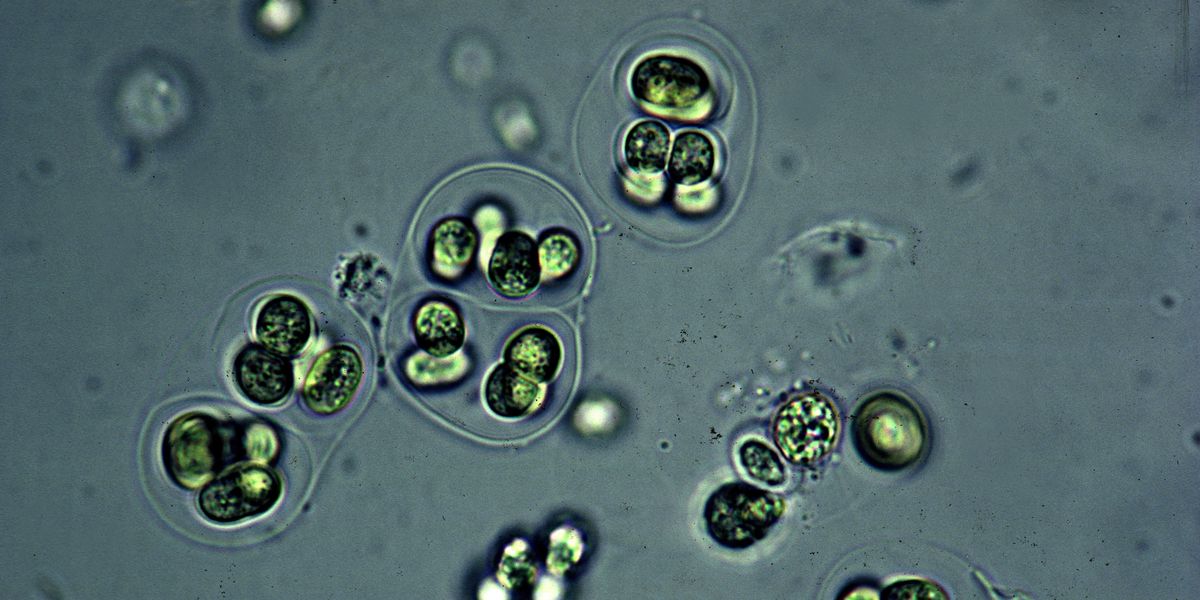Researchers on a quest to understand the origins of life just learned a little lesson about photosynthesis from 1.75 billion years ago.
In a new study published in Nature, a team of researchers claim that microfossils found in the desert of north Australia show off the earliest known signs of photosynthesis. And that could means a better understanding of how all of life could have begun.
These microfossils are remnants of a type of organism called cyanobacteria, which experts believe have been around for as long as 3.5 billion years (though the oldest confirmed fossil examples are from about 2 billion years ago). At some point in their evolution, some varieties of these organisms developed thylakoids—structures within cells in which photosynthesis occurs—which may have allowed them to contribute huge amounts of oxygen to Earth’s atmosphere through photosynthesis in what has become known as the Great Oxidation Event.



I had an uncle that photosynthesized but he unfortunately passed in an accident while my other uncle, who could anaerobic respirate, was drunk driving.